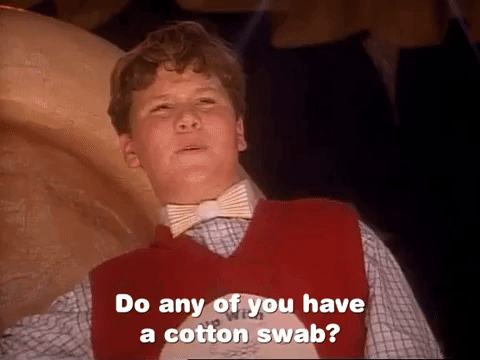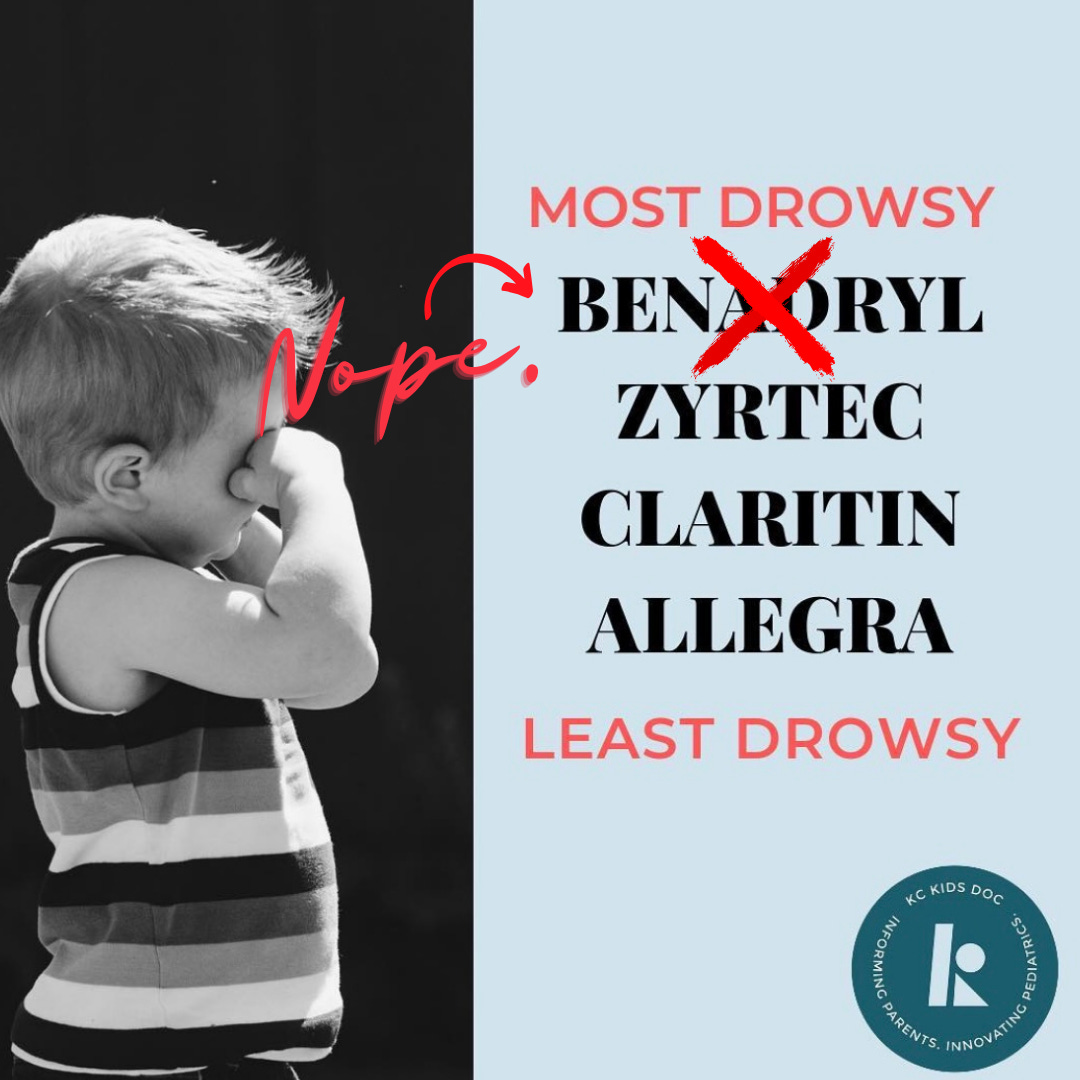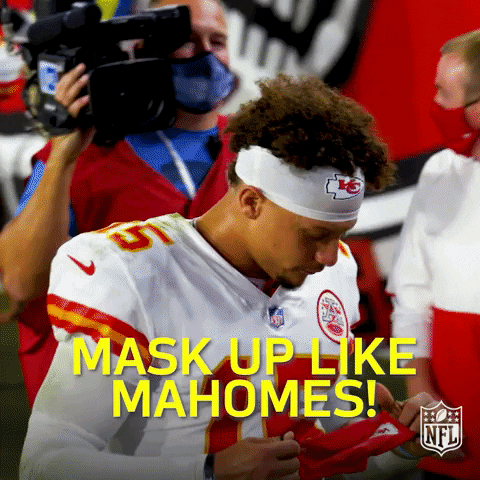Rates are down. Vaccinations are up. And I still can’t believe it’s been over a year.
This spring, however, we will still be facing challenges. Just like last year, the distinction between COVID-19 and seasonal allergy symptoms is often unclear. Many of the symptoms overlap (see diagram below from the CDC) and it’s hard to know exactly what to do.
TL;DR// Symptoms on the left are more likely COVID and testing is strongly recommended. Symptoms on the right are more likely allergy. Try an over-the-counter allergy medication and if symptoms don't improve, testing is recommended. Symptoms in the middle? Only a test will tell.
“The ONLY way to know if your child’s symptoms are allergy or infection is to test.” - me
Now, for the nuance. If your child is a well-known seasonal allergy sufferer and his symptoms are consistent with what he has experienced in the past, lean towards the right. The best allergy medications for kids are easily available over the counter and most work quickly. If you try an oral allergy medication and his symptoms don’t change, then lean towards the left. That being said, if your child is a known allergy sufferer, but his school or daycare requires a negative test to attend with any illness symptoms, he will need a test regardless.
If you have just come back from a spring break trip, your child is participating in sports or clubs, you have high-risk individuals living in your home, your child has been exposed to someone positive with COVID-19, or anyone else in the family is also ill; lean towards the left and get your child tested.
A few other allergy season tips:
Many kids have not touched their inhalers in the past year. Now is the time to check expiration dates and make sure you have prescriptions ready.
Spring cleaning does help. Vacuum the house, beat the rugs outside, and change your filters. Once you clean up, keep the pollen out of your house by taking off shoes and coats before entering, keep windows closed on windy days, and continue routine hygiene habits.
Nasal steroids are my first choice. Long-acting oral antihistamines are added next. Get rid of Benadryl. Add eye drops if you need them.
Follow your local pollen counts. In the Kansas City area, there is a daily update of common environmental allergens in our air. Knowing these levels will help to anticipate days your child may need more symptom control.
Have questions? Visit your friendly pediatrician for more advice. Most offices are still doing tele-health visits for these types of medication consultations, too. Give a call to see what’s available.
A few recent highlights (AKA - I can’t stop talking about COVID.)
News on the street is that Moderna is testing the mRNA COVID vaccine in children as young as 6 months of age. This is good news as we continue to determine the “end game” of this Pandemic. For those of you who are interested in enrolling your child in a clinical trial, here’s a link to Moderna’s KidCove. For those in the KC area, here’s a link to Children’s Mercy’s research interest form. All other trials can be found at clinicaltrials.gov.
We all agree it is super frustrating that the CDC did not offer specific insight into how to manage family gatherings with vaccinated adults and unvaccinated kids. That being said, expect the recommendations for safe gatherings with family and friends will continue to change as we go into the summer. As you are navigating this grey zone, just remember that the vaccine protects the vaccinated. If unvaccinated high-risk individuals (infants, asthmatics, diabetics, obese, elderly, etc.) are in the home, masks are still recommended.
As more kids go to school later this month, expect more common colds, tummy bugs, croup, strep, and other “normal'' kid illnesses. I’ll cover some reasons why in this weekend’s letter. Not a subscriber? Click below so you don’t miss a thing.
A final personal note, I can’t express how proud I am of all my families who are continuing the small sacrifices that keep our families and communities healthy. I celebrate your resiliency and care. You are not alone. We are in this together. Keep washing your hands. Wear a mask in public. Get vaccinated with any COVID vaccine as soon as you are eligible. Better days are on the horizon.







